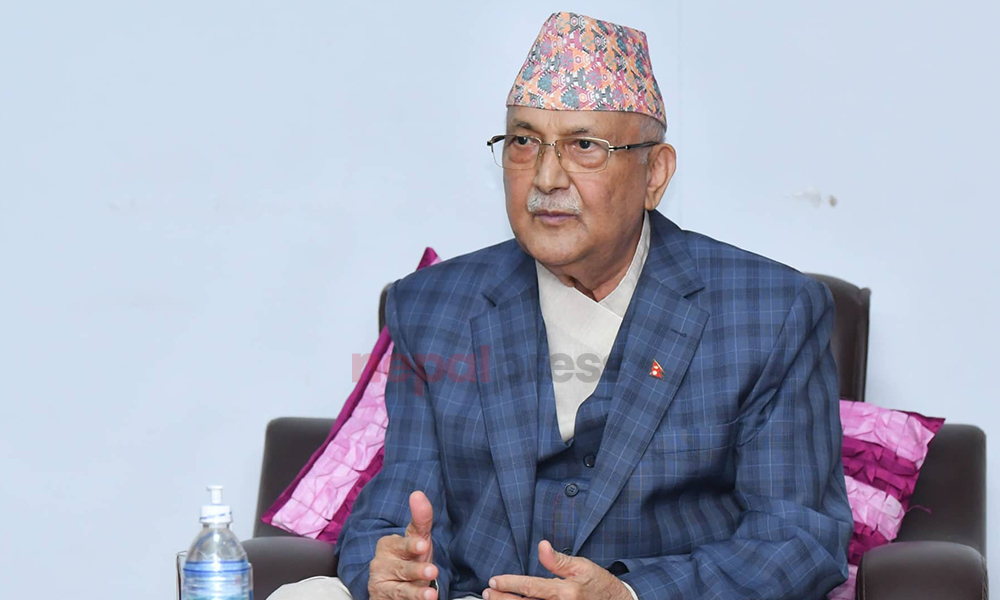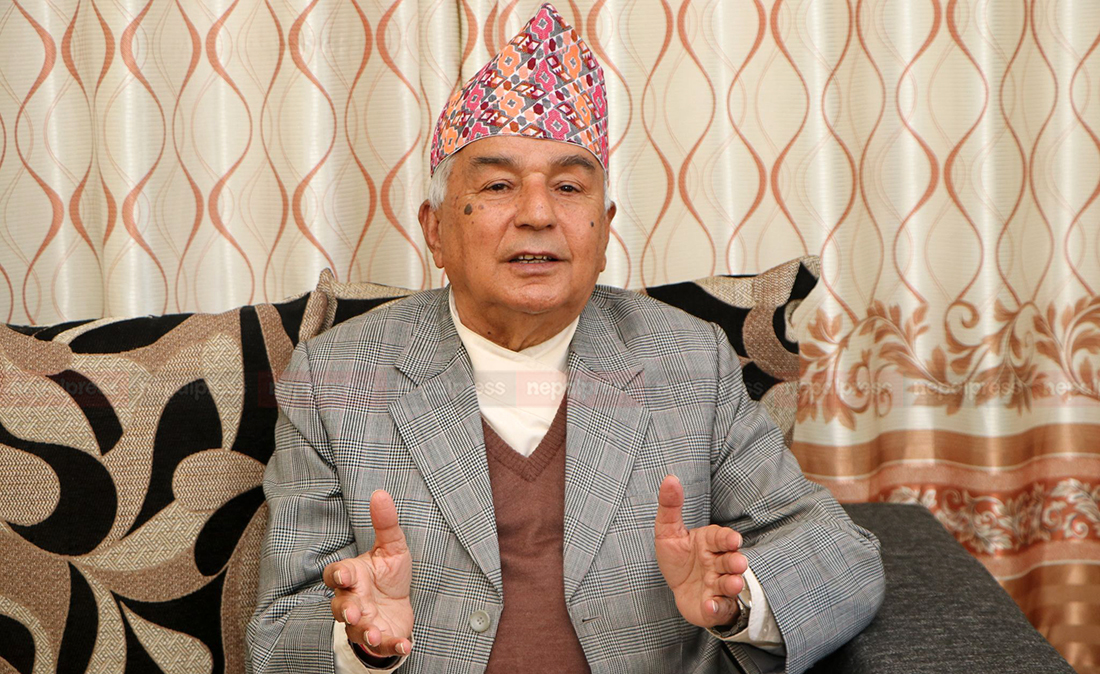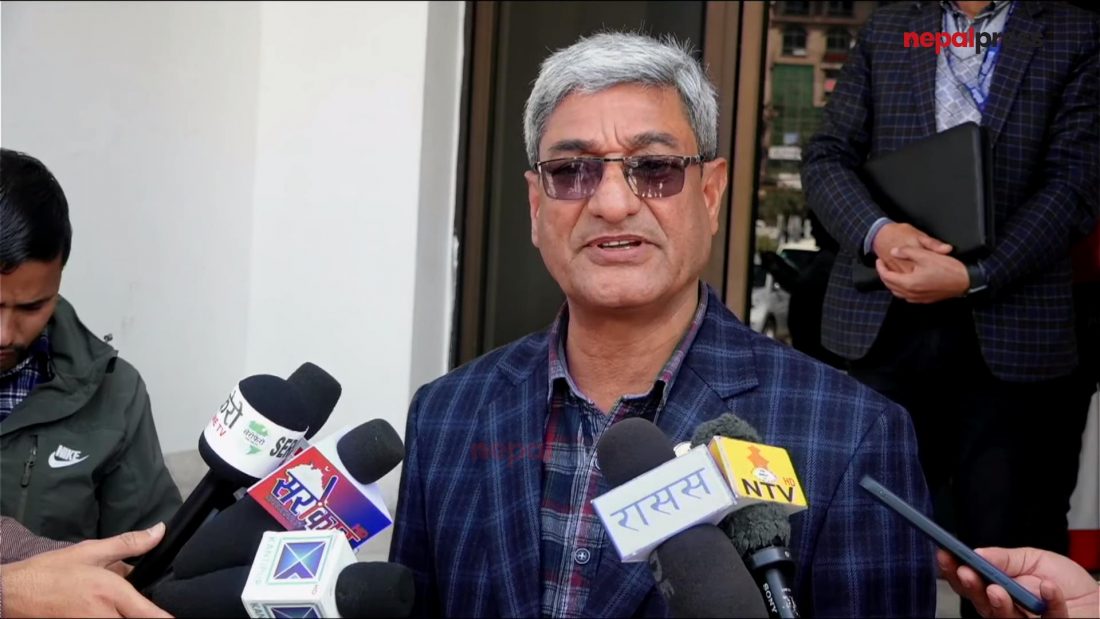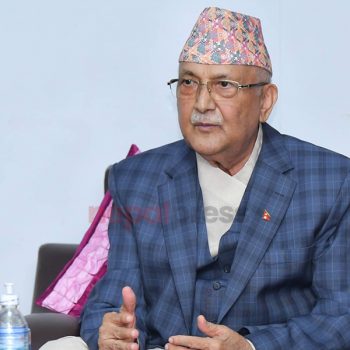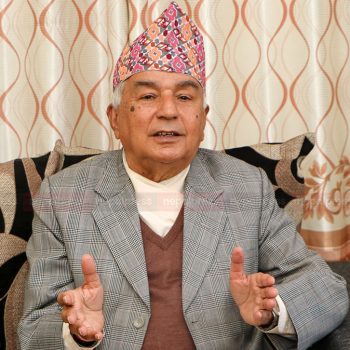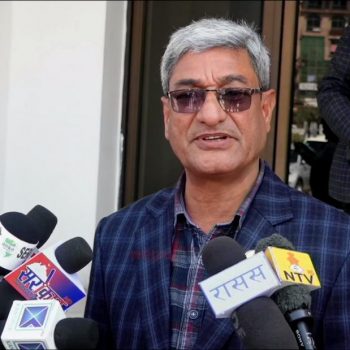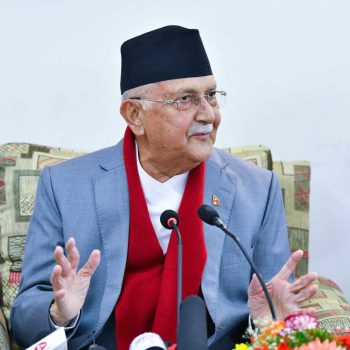Report on transitional justice handed over to top leaders
 NepalPress
NepalPress
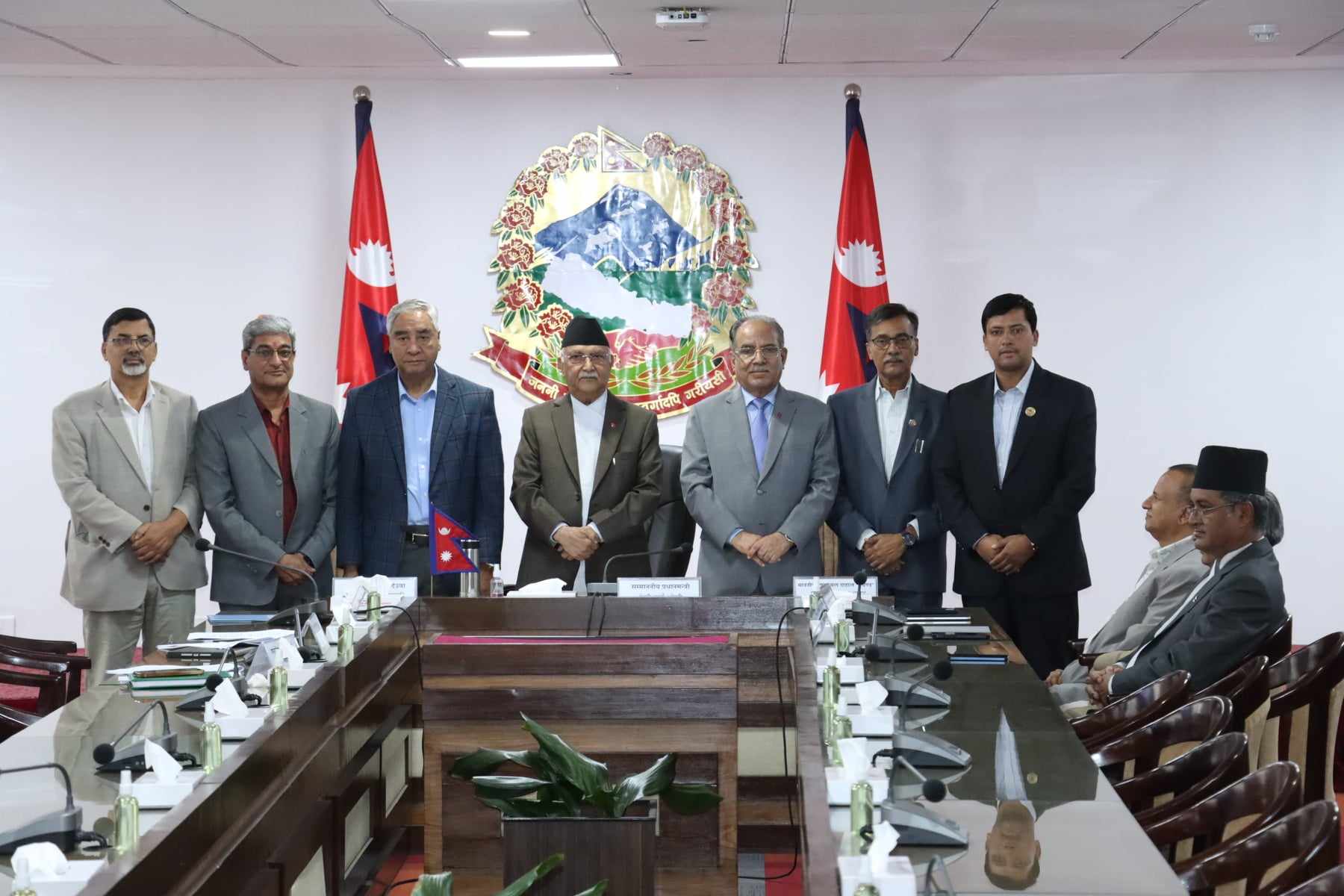
KATHMANDU: A report of the understanding reached at the task force for finalising the transitional justice in accordance with the Comprehensive Peace Accord (CPA) signed between the Government of Nepal and the then rebelling CPN (Maoist) has been handed over to the top leaders of the three major political parties, including Prime Minister KP Sharma Oli.
The task force submitted the report to Prime Minister and CPN-UML Chair Oli, Nepali Congress President Sher Bahadur Deuba and CPN (Maoist Center) Chair Pushpa Kamal Dahal, amidst a programme at the Office of the Prime Minister and Council of Ministers in Singha Durbar today.
Members of the task force – Home Minister and Nepali Congress leader Ramesh Lekhak, UML Chief Whip Mahesh Kumar Bartaula and Maoist Center leader Janardan Sharma – presented the report to the top leaders.
The task force had on August 1 forged an agreement on topics as interpretation of the conflict-era incidents, and relief, compensation, reparation and justice to the victims which had remained contentious for long.
PM Oli, NC president Deuba, UML general-secretary Shankar Pokhrel, PM’s chief political advisor Bishnu Rimal, Attorney General Ramesh Badal, Government Chief Secretary Liladevi Gadtaula, among other officials were present in the programme.
The main political parties had reached a four-point agreement on settling the topic of transitional justice which was being seen with much interest nationally as well as internationally.
As per the agreement, intentional or arbitrary killing will be included under the definition of murder; the families of the security persons who lost lives in the conflict would be provided relief, compensation and reparation, while a similar scheme is planned for the combatants who were termed disqualified ones.
Similarly, in case the victim side does not consent to the conflict era case, it would be recommended to the Attorney General. Such cases would now be adjudicated based on the existing principle of criminal justice, but in line with transitional justice.
The task force has stated that the agreement was made based on the principles of transitional justice and national and international standards where victims’ concerns are kept in center. Also paid heed is the decisions made by the Supreme Court. It is an agreement in which the whole country wins, rather than someone winning and some other side losing.
As per the agreement, the victims and perpetrators would be brought together and assimilated in a way that it would prevent future conflict. The victims would be ensured justice and the perpetrator brought to book, he added.
The agreement among the major political parties on this significant backlog of peace process has been taken as a measure to alleviate the conflict-era wounds. It has been 17 years since the signing of the CPA, the big parties became able to strike a deal to fully settle the peace process.
Irrespective of the formation of two transitional justice mechanisms and officials put in place for multiple times since CPA, they were unable to give impetus to the finalisation of the peace process owing to political differences earlier.



